News in Brief
-
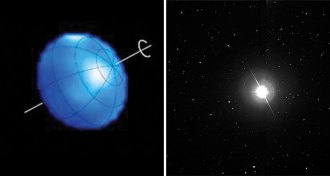 Astronomy
AstronomyBulging stars mess with planet’s seasons
On planets orbiting rapidly rotating stars, the seasons can get a little strange.
-
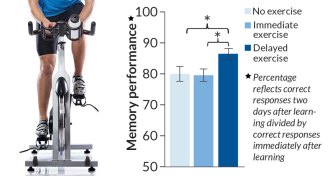
-
 Astronomy
AstronomyMolecular handedness found in space
Propylene oxide in an interstellar cloud sets up a testing ground for understanding why life chooses one type of mirror-image molecule over another.
-
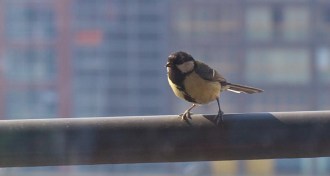 Animals
AnimalsCity living shortens great tits’ telomeres
Great tits raised in urban nests have shorter protective caps on their chromosomes than those raised in rural nests.
-
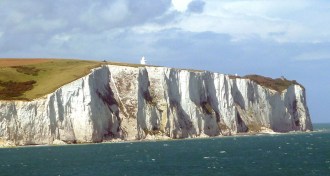 Astronomy
AstronomyLimestone world gobbled by planet-eating white dwarf
Debris from a shredded planet points to a world that was once covered in calcium carbonate.
-
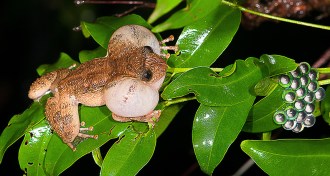 Animals
Animals‘Kermit Sutra’ gets seventh amphibian mating position
Bombay night frogs’ unusual mating protocol features indirect sperm transfer and female croaks.
By Susan Milius -
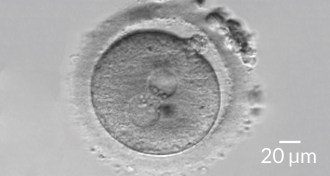 Life
LifeRefined ‘three-parent-baby’ procedure improves chances for healthy infant
Improved technique could reduce risk of passing on faulty mitochondria.
-
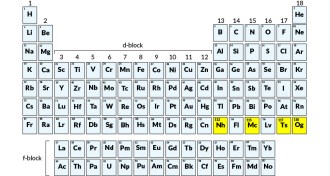 Chemistry
ChemistryFour newest elements on periodic table get names
Four elements officially recognized in December, highlighted in yellow, now have names that honor Japan, Moscow, Tennessee and physicist Yuri Oganessian.
-
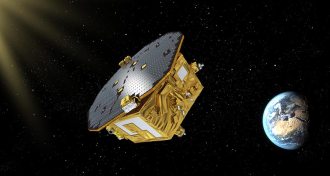 Astronomy
AstronomySpace-based probe passes tests for gravitational wave detection
The LISA Pathfinder mission has demonstrated that future observatories in space could detect gravitational waves.
-
 Environment
EnvironmentBikini Atoll radiation levels remain alarmingly high
Lingering radiation levels from nuclear bomb tests on Bikini Atoll are far higher than previously estimated.
-
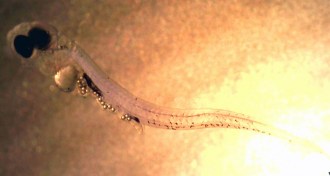 Animals
AnimalsTiny plastics cause big problems for perch, lab study finds
Researchers have linked microplastics to feeding behavior changes and development issues in Baltic Sea perch.
-
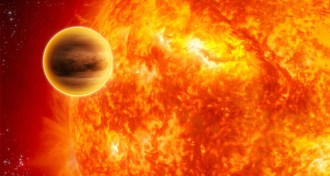 Astronomy
AstronomyYoung exoplanet found nestled close to its star
Scientists have found one of the youngest exoplanets ever, snuggled up close to its star.